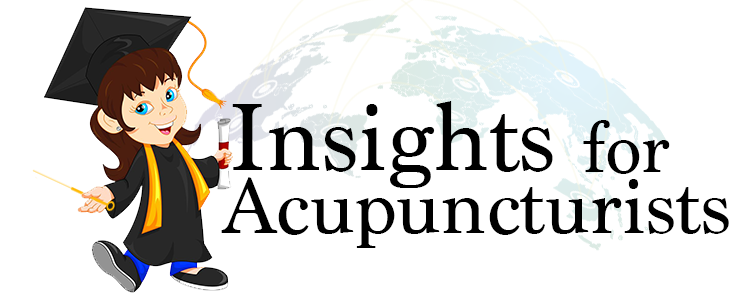Facts About Acupuncturists
and The Acupuncture Profession
I not only want you to become an acupuncturist, but I want you to become an informed acupuncturist.
As the popularity and demand for acupuncture grow, more history needs to be made to secure the place of the acupuncture profession in the overall health care system.
These are just a few of the facts about acupuncturists you should know:
- There are over 50 Acupuncture & Oriental Medicine schools in the United States.
- Each state has its own Acupuncture licensing requirements.
- Forty states and D.C. accept the NCCAOM certification for the practice of Acupuncture.
- Nine States do not have laws regulating the practice of acupuncture. Legislation is pending in 8 states.
- California has its own state board exam for Acupuncturists and does not accept the NCCAOM examination.
- The NCCAOM offers board certification examinations in the following areas:
Acupuncture
Oriental Medicine
Chinese Herbology
Asian Bodywork - An accredited acupuncture college may teach Acupuncture alone, or it may provide a comprehensive program that covers all of the above categories. Programs generally vary from 2-4 years.
- As of 2007 the NCCAOM has certified over 18,000 Individuals in Acupuncture & Oriental Medicine. The NCCAOM has 12,500 Acupuncture Certifications and 2,500 Oriental Certifications that are current.
- The NCCAOM takes Disciplinary Action against certified Acupuncturists who violate the Code of Ethics.
- Since 1965, ten incidents of injury resulting from acupuncture have been reported.
- Four deaths relating to acupuncture have been reported, however none of these deaths involved treatment by a licensed acupuncturist who had met the national professional standards of the Acupuncture and Oriental Medicine profession.
- The NCCAOM has never had to take action due to negligent or harmful treatment of a patient.
- Acupuncture, when performed by a NCCAOM certified acupuncturist is considered extremely safe.
- Medical Acupuncture is acupuncture performed by physicians. Medical acupuncturists have a distinct training program and board certification requirements and are not subject to the NCCAOM.
This information is not only to inform you about the acupuncture profession, but help you determine what you want from a training program.
As the demand for acupuncture continues to grow, so will the demand for good, qualified practitioners. You should know that once you become an acupuncturist you will be facing a few challenges. (Many of which are being addressed by Insights-For Acupuncturists.com.)
Unlike the western medical system where an MD graduates with his or degree and has a good-paying job available right away at a hospital, clinic, or training program, acupuncturists do not yet have the benefit of such an infrastructure.
Getting a job as an acupuncturist usually means going out and starting your own practice, renting a room in another professionals office space, or more recent option, being hired as by another health care provider as an employee.
